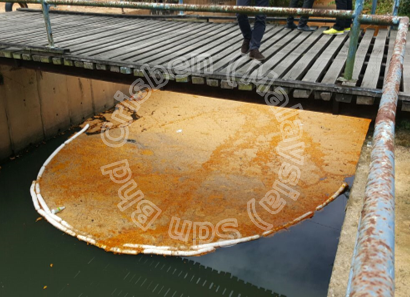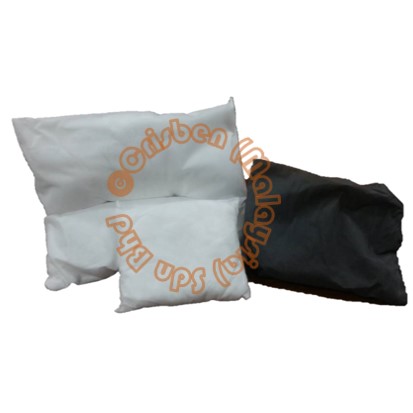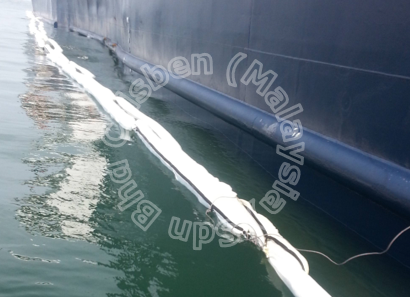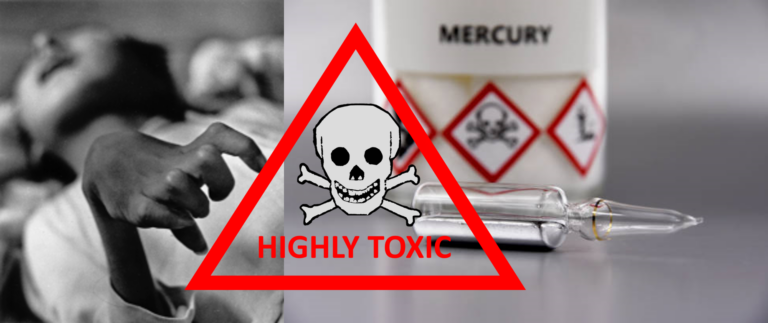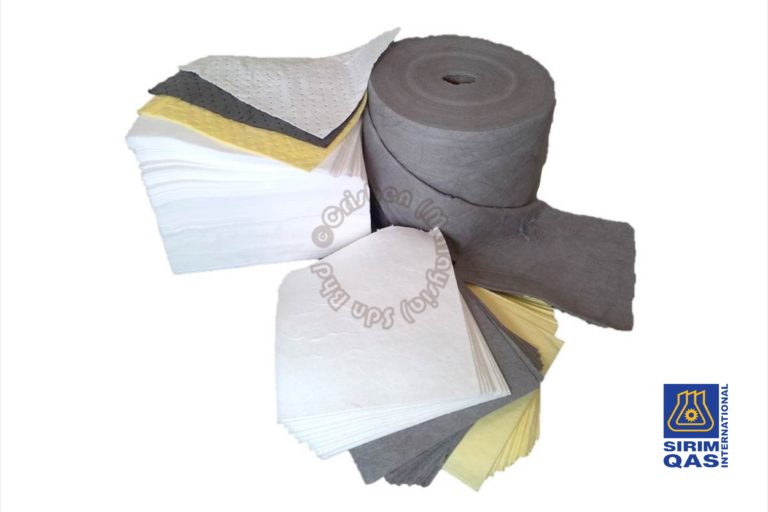The Three Cs of Spill Response
Spills can happen anywhere, and being prepared is key to minimising damage to the environment whilst ensuring a safe and efficient cleanup is conducted. Here, we’ll break down the essential Three Cs of Spill Response: Control, Contain, and Clean Up. Understanding these steps empowers you to act quickly and effectively, minimising damage and ensuring safety.
The 3 C’s of Spill Response
- Control the Spill: The first vital step in the Three Cs of spill response is to stop the source of the spill. Turn off valves, tighten caps, or plug holes to prevent further spillage occurring.
- Contain the Spill: Another crucial step in spill management is to contain the spill. Once the source is controlled, you need to prevent the spilled material from spreading. This might involve using containment booms, floorsweep, or absorbent pads to create a barrier and prevent contaminants entering waterways. The goal is to confine the spill, minimising its impact on the environment and promoting a safer cleanup.
- Clean Up the Spill: Once the spill is contained, it’s time for a safe and proper removal of all contaminants including any used spill products. Proper disposal of the collected waste is vital.
A small spill can quickly escalate into a major environmental hazard if not properly and promptly contained.
Let’s illustrate this with a scenario:
A truck driver, transporting hydrocarbons, reasons that a small spill kit wouldn’t be sufficient for a major leak and skips carrying one altogether. Unfortunately, during his journey, a valve malfunction occurs, causing hydrocarbons to escape.
Without a spill kit, the driver has no immediate means of containment. The spilled hydrocarbons continue to spread, potentially reaching nearby storm drains and contaminating waterways. This situation could have been alleviated with a basic spill kit. Even a 15L spill kit containing absorbent pads and booms would have allowed the driver to take immediate action, containing the spill and preventing further damage while waiting for help to arrive. Not only would this have protected the environment, but it would have also shielded the driver and the company from the potential liability of a much larger situation.
Remember, every second counts when dealing with a spill. Having the right spill response supplies readily available ensures you can swiftly contain the situation, minimising the impact and ensuring a safer cleanup process is achieved.
A great article from https://spillpro.com.au/information-and-news/the-three-cs-of-spill-response

